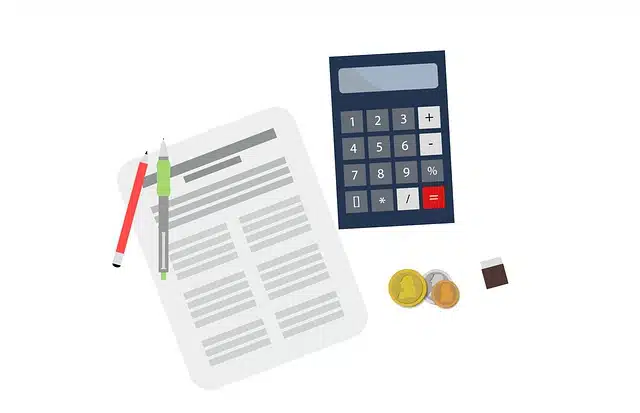
A budget is an estimate of expenses or costs.
The concept of budget has several uses, generally linked to the area of finance and economics . The budget is, in this sense, the amount of money that is estimated to be necessary to meet certain expenses .
For example: a family calculates its income and expenses and concludes that it has a budget of $1,000 per month. This means that monthly expenses should not exceed this figure, otherwise the family will incur debt. Developing a budget helps, in these cases, achieve savings goals.
Another example of a budget arises in travel, when tourists travel with x amount of money and know that it must be enough to satisfy their needs throughout their stay. If a traveler has a budget of 500 pesos for a four-day vacation, and on the second day he has already spent 400 pesos, when reviewing the numbers he will realize that he has to cut his expenses so as not to run out of money.
The budget as an advance calculation of an expense or cost
The budget is also the advance calculation of the cost of a work or the expenses that a certain project will entail: "Yesterday the electrician was at home and left me his estimate: he says that the new installation will cost 150 pesos," "Our budget for the Designing a website with these characteristics is 200 euros, not counting monthly maintenance costs .
One of the most particular characteristics of this concept is that it is applied in a large number of situations and areas, from the daily life of a family to industrial or government projects. It is always convenient to know in detail the amount of money we have to make an investment , not only to avoid unpleasant surprises but also to make better decisions.

Sticking to the budget is necessary to avoid debt.
Limited resources that must be taken care of
Precisely, one of the advantages that can arise unexpectedly from a tight budget is that whoever is in charge of the project designs each step more carefully. This means that sometimes limitations open the doors to greater use of ingenuity and, therefore, yield better results than complete slack.
On the other hand, it is not always necessary to find yourself on a limited budget to think twice before taking a step; On the contrary, in any case it is recommended to consciously use money and resources in both abundance and scarcity. In closer words, the fact that we have twenty liters of water at home is not a sufficient reason to drink it all at once; In fact, if we do we probably won't live to tell the tale. Something similar happens with businesses : having ten thousand dollars to cover the purchase of a new computer for the office does not force us to spend every penny, although it gives us the freedom to choose the most suitable one for the tasks we expect. allows us to perform.
To find the best possible decision, therefore, it is necessary in principle to define the objectives clearly and with a high degree of precision. For this reason, it is recommended that the budget evaluation be carried out by someone who has the most appropriate specific knowledge. Within a business environment, this is as easy as assigning the task to the most suitable department . In the case of a family that is about to take a vacation trip, the organization may be simpler, but it is important that they do not leave out any potential expenses, such as refueling, food or the purchase of clothes.
The budget as an assumption
Budget, finally, is the pretext, cause or motive with which something is executed , or the assumptions or suppositions .
"If we start from that budget, it is clear that we are going to have problems " is an expression that shows this use of the notion.
